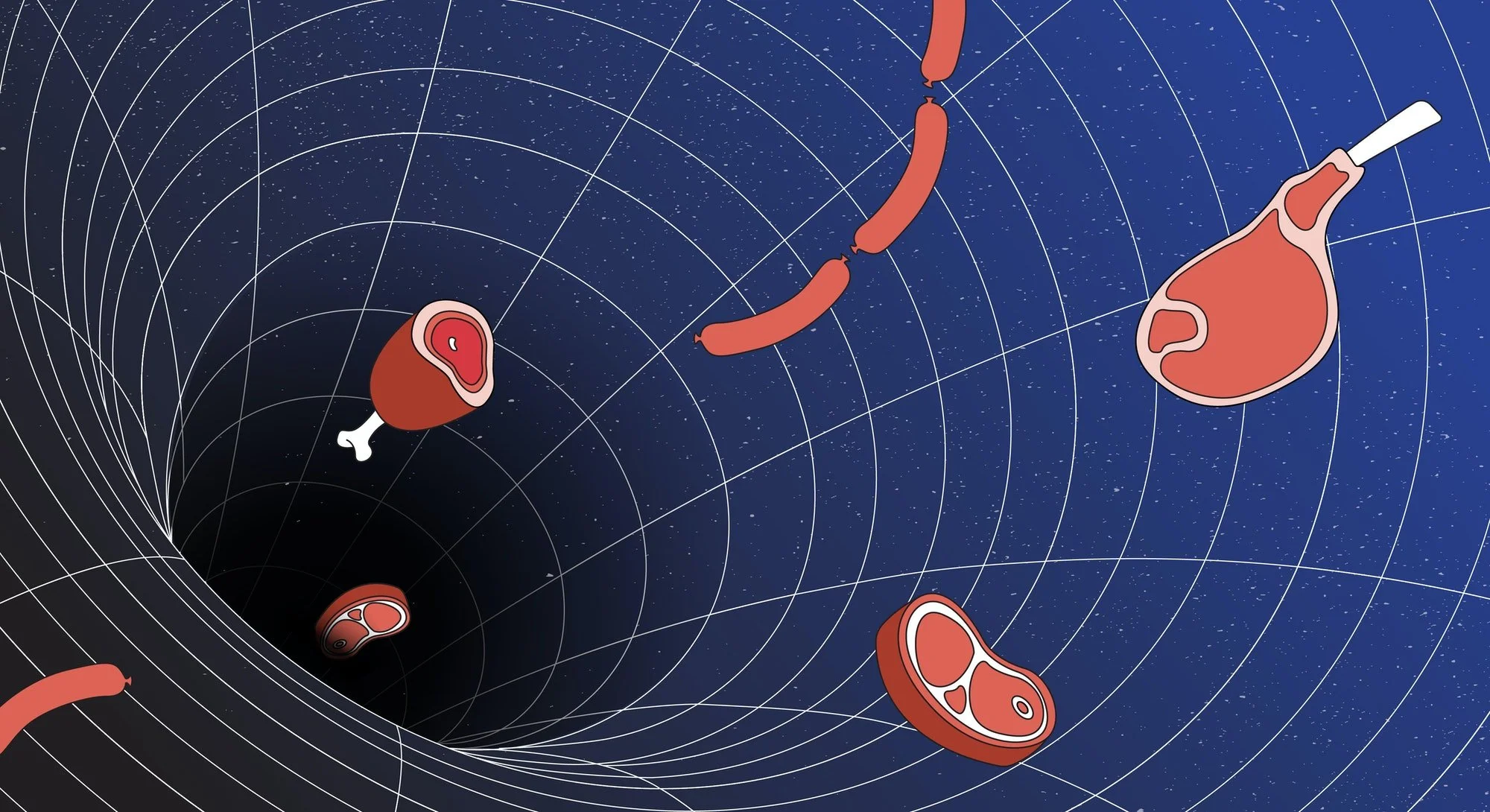Eve Turow-Paul, founder of the Food for Climate League, said that, although many Americans have expressed an interest in changing the way they eat toward a more plant-forward diet, “so many of us feel like we are being held back and kind of pigeonholed into a corner.
“A lot of that has to do with the framing,” she added. “One of the most basic findings that Food for Climate League had early on in our research is that so often plant-based meals are framed in the negative. … So often we read the menu description and it's all about what's not in the dish, so you don't really know what it is that you're eating.”
She said meatless items also are often framed as being substitutes for the real thing, “instead of just celebrating all of the plant-based dishes that there are out there in the world.”
Read MoreEve Turow-Paul, a Chicago-based food culture analyst, discussed changing consumer interests in a keynote address on May 27. She highlighted the ways social and environmental activism, along with new societal pressures and anxieties, are influencing food and beverage innovation.
The shifting marketplace shows no signs of abating, she said. The growing sustainable food culture is about addressing social justice and mental health.
Read MoreWhile it's nice to have familiar foods on your plate, there's also plenty out there to expand our palates. Eve Turow-Paul, founder and executive director of Food for Climate League, points out that 75% of the world's food is generated from only 12 plants and five animal species. "There are up to 300,000 edible plants, and we eat less than 200 of them," she says. "There are tons of delicious foods out there that are currently being ignored. Instead, most of us are focusing on a small handful of foods, especially proteins. It's time to expand our horizons and celebrate the outrageous and overlooked diversity of options available for us to enjoy."
Read MoreDescribing food culture as “a conduit to finding and cultivating well-being,” Author and Founder of Food for Climate League Eve Turow-Paul sees an inexorable linkage between the digital age, well-being, and food culture…
Read MoreEve Turow-Paul recently joined us for the second season’s first episode of our webinar to discuss how lifestyle trends are linked to food interests and how different trends are being played out in new ways due to COVID-19.
Read MoreFood has become a way for consumers to ease their worries and anxiety in an increasingly stressful world, and they are looking for products that can answer their basic needs for control, community, and purpose, says Eve Turow-Paul, a writer and cultural anthropologist who presented her research at SHIFT20, the virtual IFT show.
Read More“Those in hospitality now have an extra responsibility; it’s not just to feed people, but to inspire and lift people up during a time of really intense anxiety,” [Eve Turow-Paul] said. “People are thinking innovatively about what we can supply in a safe manner and how we are going to distribute it to people. Some restaurants are shifting their business models to match the current demand for ‘shelter in place’ eating experiences. Digital platforms have helped by filling a void to help food businesses stay connected to their customers.”
Read More“I’m tasting the Dunkaroo in my mind and it is so sweet and texturally very satisfying, and it just brings me back to the playground,” says Eve Turow Paul, a consultant and author of the upcoming book Hungry: Avocado Toast, Instagram Influencers, and Our Search for Connection and Meaning.
She sees the reboots of Dunkaroos and Cheez Balls as a way of tapping into a shared memory or identity, and finding community around that. Given the performative aspect of tweeting about Dunkaroos or “liking” a Facebook group calling for the return of a discontinued snack, a nostalgic food can take on an almost meme-like quality. It’s less about making informed food choices than indulging in an escapist pleasure. “You are essentially excusing yourself from your general adult worries in life,” she says. But memes aren’t necessarily appetizing.
Read MoreFood writer Eve Turow Paul, whose forthcoming book “Hungry” tackles the future of food, says the potential upside of robots in the culinary world is “the democratizing of good food.”
Read More



